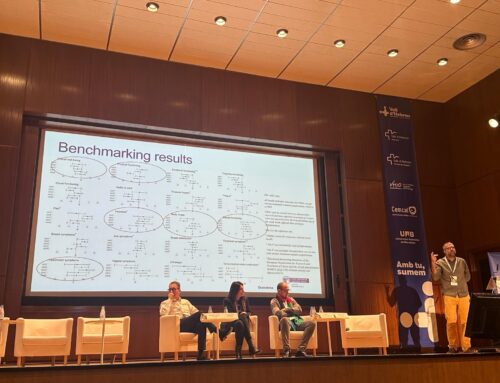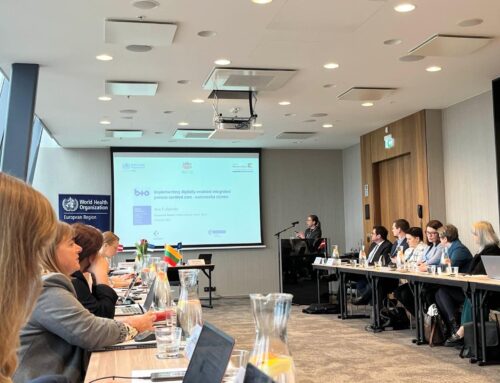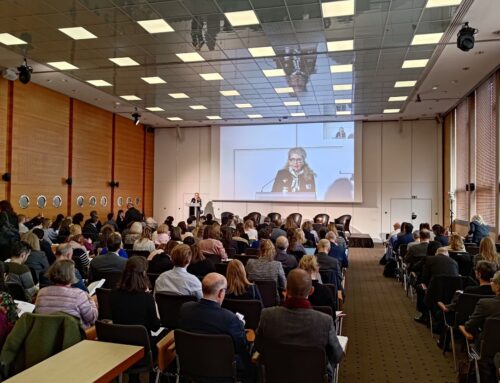On 16 and 17 June 2021, this international conference will be held in a virtual format, which will allow to reach more people interested and experts in this field.
Federated learning is expanding and more and more institutions, organisations and companies are beginning to explore the capabilities and benefits of implementing this model in their systems. The second international conference on federated and distributed learning (https://federatedlearningconference.com/) aims to be a space where to show and expose the advances and good practices implemented in this expanding field. Federated learning is a distributed machine learning system that enables the training of predictive models on a large set of decentralised data. In this way, IT service providers can develop artificial intelligence (AI) algorithms without having access to databases.
To date, the healthcare sector has perceived the usefulness of AI technology in principle, but is reluctant to process data. A major barrier is concerns about data protection policy, for AI training and for its continuous learning cycles. Federated learning is a leading channel in which the training of AI models takes place where the data originates. Thus, federated learning enables multiple organisations to collaborate on the development of common models, without the need to directly share (anonymised or confidential) clinical data with each other. Implementing a federated learning approach also encourages different hospitals, health institutions and research centres to collaborate in building a model that represents the diversity of the patients they serve.
Kronikgune will participate in one of the sessions of the international conference, where it will present the federated learning solution proposed by the European project ADLIFE. Under the title, “Can federated learning raise awareness of the deterioration of patients with chronic diseases?” this solution is being designed to characterise the factors leading to Potentially Preventable Hospitalisations (PPAs) for chronic conditions and communicate to professionals the potential deterioration of patients’ health in a time window that allows for timely care management. These HPE accounted for 101.6 of discharges on average per 10,000 inhabitants aged 65-80 years by health area in the Basque Country between 2013-2015.
The presentation will focus on ADLIFE‘s commitment to prevent HPEs, the deployment requirements with seven European pilots (European health systems) participating in federated learning, and how the security and privacy measures of federated training drive trust in AI, being compliant with the General Data Protection Regulation (GDPR), and ethically accepted to anticipate the changing needs of patients.
Below is a video summary of Kronikgune‘s speech at the conference:
If you want to know more about ADLIFE visit their official website or follow the project on Twitter.






